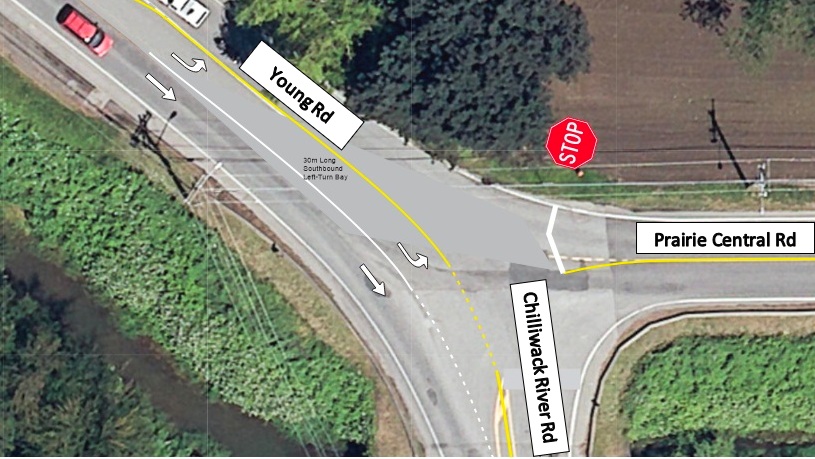Perhaps you saw news coverage of the out of control commercial truck collision on the Coquihalla Highway last Friday. Witness accounts from the scene speculated that the combination appeared to have lost it’s brakes and may not have stopped at the mandatory brake inspection pullout nearby. No doubt this will be either confirmed or disproved when the investigation of the incident is complete.
There are mandatory brake checks before significant grades on many of B.C.’s highways. Drivers of specified vehicles must stop and perform a check of the braking system before they start down the hill. If the air brakes are out of adjustment or any other defects are found, the driver must remedy the problem before proceeding. Hopefully this insures that heavily loaded vehicles don’t lose their brakes and become involved in a collision.
You might be surprised to find out that heavy commercial trucks with air brakes are not the only vehicles required to stop and check brakes at these mandatory check locations. Any truck with a licenced gross vehicle weight over 5,500 kilograms must stop and check, regardless of the type of braking system involved. This could include a pickup truck towing a large recreational trailer behind it.
Properly licenced drivers of vehicle combinations like this often have either a higher qualification or endorsements and are familiar with how to proper check their braking systems. ICBC highlights a proper inspection procedure in the Driving Commercial Vehicles manual. It includes a pre and post trip list and a pre-hill section. The manual is worthwhile reading for any driver who would like to gain a better understanding of the heavy vehicles that we share the road with in addition to the brake information.
Many brake checks have signs posted that remind the driver of what they should be checking when they stop.
This is how we hope that the system works and we are protected by its operation when we share the road with heavy loads. When the driver is a conscientious one, all is well. In the real world, I’ve seen drivers pull in, stop, pause and continue without ever leaving the cab. If they did alight, a good tire thumping to discover flats was all that occurred as they never stooped to look underneath. I even knew of trucking companies where a ticket for out of adjustment brakes on trailers was a virtual certainty if I found them during patrols.
Even the courts have not helped the situation. Unless case law has changed since I ended my policing career in 2005, the courts held that the simple act of being able to stop the vehicle at the check was sufficient to comply with the sign directing drivers there. Unless the driver failed to stop at all, there were no grounds to issue a ticket for disobeying. Police would have to examine the vehicle and find a defect, then ticket for the particular defect in order to take any enforcement action.
Even with a perfectly functional, correctly adjusted braking system, over use of the brakes on a hill can result in a runaway truck. Experience, anticipation and proper control of vehicle speed through the use of the transmission on hills is critical. Signs at the check showing distance and grades are priceless information for drivers who have not encountered the hills of British Columbia.
To comment or learn more, please visit DriveSmartBC.ca.
Constable Tim Schewe (Retired)
DriveSmartBC: Where better than average drivers satisfy their curiosity.






